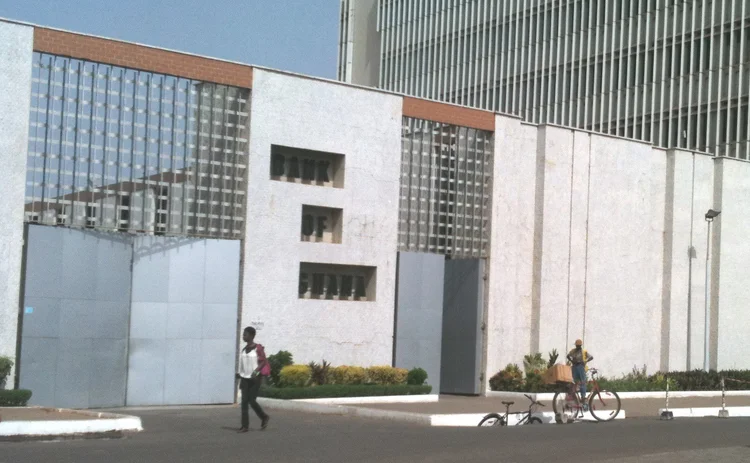The Bank of Ghana (BoG) has proposed new regulatory measures for digital assets in response to a comprehensive internal review of Bitcoin, Tether, and other cryptocurrencies.

The central bank of the West African nation issued proposed guidelines on digital assets on August 16 to solicit feedback from the public and industry stakeholders regarding the forthcoming crypto regulations.
The Bank of Ghana (BoG) has reported a substantial increase in Ghana’s interest in cryptocurrency over the past three years. Consequently, it plans to enforce legislation that addresses the dangers associated with money laundering and terrorism financing, as well as fraud and other consumer protection measures.
The central bank proposed an eight-pillar framework for crypto regulations, primarily focusing on intensifying cryptocurrency exchanges’ registration and reporting requirements or virtual asset service providers (VASPs).
Emphasis on Crypto Exchanges
If the proposed regulations are enacted, they will mandate that crypto exchanges monitor and report suspicious transactions and adhere to the FATF’s Travel Rule. Furthermore, the bank intends to partner with external stakeholders, including offshore regulators and commercial institutions.
“The Bank would collaborate with the Securities and Exchange Commission (SEC) to develop distinct complementary regulatory frameworks that encompass various applications or use cases of digital assets.”
Public feedback Influences Crypto laws
Additionally, to offer trading services in Ghana, exchanges must register with the BOG and complete experimental testing. Until August 31, the bank solicits recommendations from industry professionals, experts, and the general public.
The draft proposal stated that the bank would consider these inputs when determining the following stages.
Ghana Post, the nation’s postal service, introduced a crypto stamp collection in May to commemorate the 25th anniversary of its king’s coronation.
The “Crypto Stamp” stamp collection is a tribute to His Majesty Otumfuo Osei Tutu II’s 25-year-long contribution to Ghana’s cultural integrity and development.

Crypto stamps are restricted to 7,200 units priced at 250 Ghanaian cedis ($18) each, as indicated in the listing.
